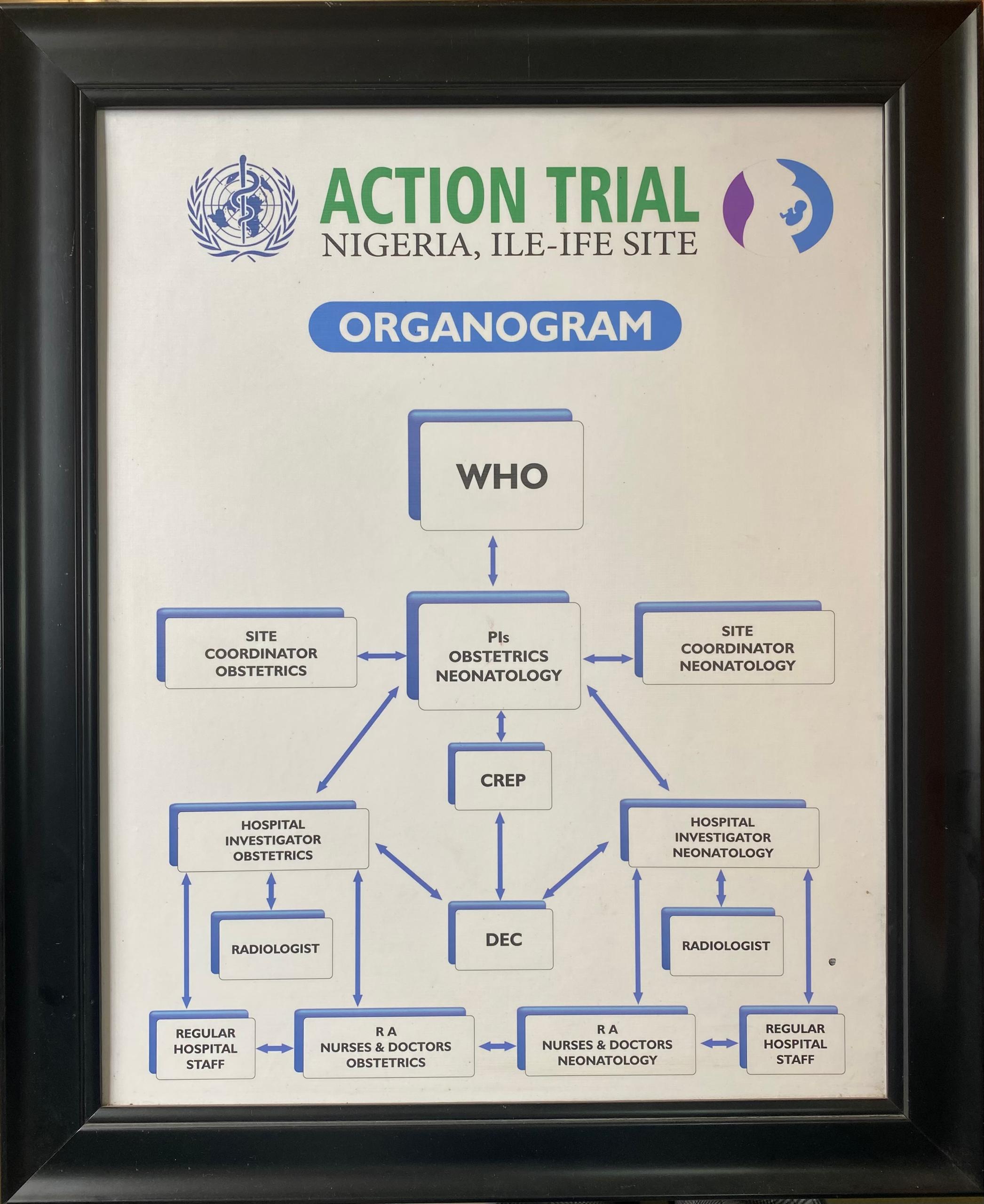ACTION III Trial
The ACTION III Trial is a rigorous multi-country, multi-center, three-arm, parallel-group, double-blind, placebo-controlled, randomized trial. This study evaluates the efficacy and safety of two dosing regimens of antenatal corticosteroids in women at high risk of late preterm birth across resource-limited settings.
By determining the optimal dosing strategy for antenatal corticosteroids, the trial aims to develop evidence-based protocols that improve neonatal health outcomes and reduce complications in late preterm births.
Study Design & Methodology
The trial is implemented across multiple countries and centers with a three-arm design comparing two corticosteroid dosing regimens with a placebo. Its double-blind, randomized design ensures unbiased and reliable results.
- Multi-country, multi-center implementation.
- Three-arm design: two corticosteroid regimens vs. placebo.
- Double-blind and randomized for unbiased outcomes.
- Conducted in resource-limited hospital settings.


Key Objectives & Outcomes
The primary focus is to determine the optimal corticosteroid dosing strategy to improve neonatal outcomes. Objectives include:
- Evaluating the efficacy and safety of different dosing regimens.
- Assessing impacts on mortality, morbidity, and neonatal health in late preterm births.
- Developing evidence-based protocols for antenatal care in low-resource settings.
ACTION III Trial Organogram

This organogram illustrates the organizational structure and collaborative framework of the trial.
Success Stories & Collaborations
"The ACTION III Trial has transformed our approach to antenatal care. The collaborative efforts and rigorous methodology have led to promising improvements in neonatal health outcomes."